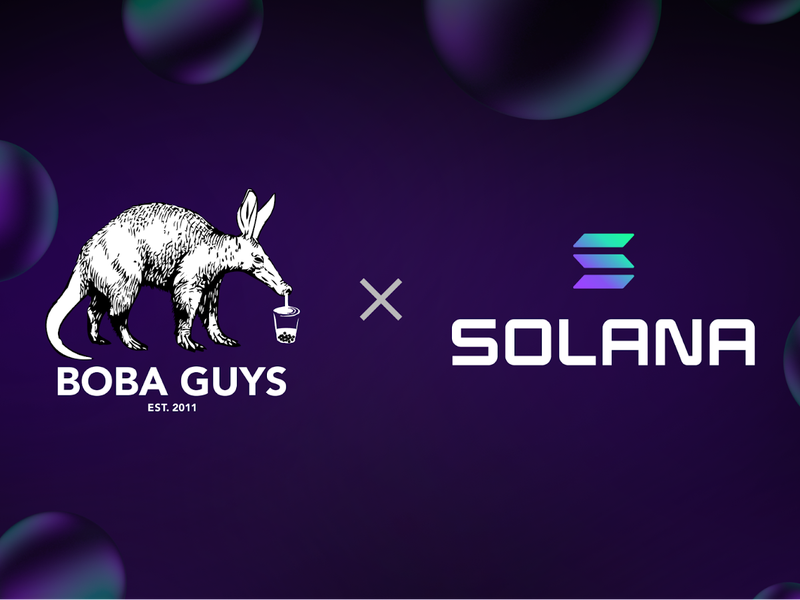BlackRock, Ondo, Superstate: The Biggest Movers in the RWA Sector in Q1
Real-world assets (RWAs) are one of the fastest emerging sectors in crypto. In essence, they are traditional financial assets, like Treasury bills, that have been tokenized to interact with decentralized finance (DeFi) protocols.
Ryan Rodenbaugh is the CEO and co-founder of Wallfacer Labs.
RWAs allow for the blending of traditional finance with blockchain technology, enabling broader liquidity and innovative financial products.
The previous quarter saw the RWA market grow by leaps and bounds. Tokenized Treasury bills including BlackRock’s USD Institutional Digital Liquidity Fund, Superstate’s Short Duration US Government Securities Fund, and Ondo’s USDY grew by an impressive 41% to nearly $1.3 billion, driven by significant institutional interest and innovative product launches. Let’s recap the key developments and trends in the sector.
Institutional interest and new products spur growth
Much of the growth in the sector has come from major institutions entering the arena.
BlackRock, the world’s largest asset manager, launched an on-chain Treasuries product that quickly amassed $280 million in deposits. Superstate, a new crypto-native asset management firm founded by Compound Finance’s Robert Leshner, debuted a tokenized T-bill fund that attracted $82 million.
These initiatives highlight the increasing confidence and interest in RWAs from traditional finance and crypto-natives alike.
Existing RWA players have also expanded their offerings. Ondo Finance shifted deposits into its new USDY product. Centrifuge, a platform for tokenizing real-world assets, saw steady growth in assets under management for the second straight quarter.
But beyond growth in assets, we’re seeing the emergence of infrastructure to make RWAs more accessible and composable with the broader DeFi ecosystem. Superstate aims to leverage blockchain tech for increased speed, programmability and compliance. M^0 Labs is developing a way to generate digital cash from high-quality off-chain collateral that can then be used as a building block for other products. Ondo Global Markets envisions a two-way system to seamlessly move assets between on-chain tokens and off-chain accounts.
Centrifuge continued to expand its platform for tokenizing real-world assets, maintaining steady growth in its assets under management for another consecutive quarter. These developments underscore the ongoing efforts to enhance the infrastructure supporting RWAs.
Developing trends and the future
DeFi protocols are finding ways to incorporate RWA yields. Morpho enables managers to create non-custodial vaults that pass on RWA yields to DeFi users. TrueFi, a longstanding credit protocol, is launching Trinity to let users deposit tokenized T-Bills as collateral to mint a dollar-pegged asset usable across DeFi. This addresses the growing demand among DeFi users for enhanced composability and transferability in RWA products.
Integrating RWAs into DeFi in a scalable, user-friendly way has long been a challenge and key unlock. But pieces are starting to come together, with major institutions driving inflows, new primitives being built, and greater interoperability with existing DeFi infrastructure.
While still early, the RWA space is one to watch closely as a potentially significant growth driver for crypto in the coming years. If these trends continue, tokenized real-world assets in the trillions by 2030, as predicted by Superstate’s Leshner, may not be so far-fetched after all.
Stay tuned for the upcoming Q2 recap from Wallfacer Labs to keep up with the latest trends and analysis in the RWA market!
Edited by Daniel Kuhn.







